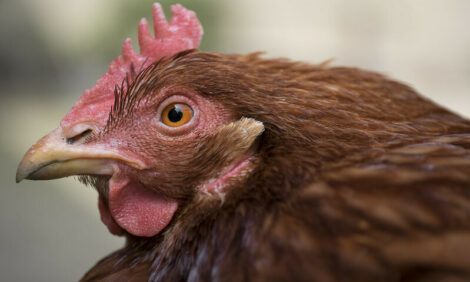



New partnership to study innovative sex sorting technology
Hendrix Genetics is partnering with Australia’s national science agencyHendrix Genetics is partnering with Australia’s national science agency, CSIRO, to test the viability of an innovative point-of-lay sex sorting technology for the egg laying industry, according to a press release.
Solving the ethical dilemma of culling day-old male chicks would improve both animal welfare and food system sustainability. Australia’s national science agency, CSIRO, has developed sex sorting technology that can identify eggs containing male embryos at point of lay before they are incubated and hatched. To support this initiative, Hendrix Genetics has partnered with CSIRO to conduct exploratory research to assess the viability of this solution. A major objective of the project is to explore how this technology can best be integrated with current industry practice.
The project will study technology developed by CSIRO that uses a biomarker protein that is only found in male embryos and not in female embryos. This allows for the identification of male embryos during the very early stages of development that occur prior to egg incubation. Therefore, the hens hatched and the eggs they lay remain the same as they are today.
This exploratory research is an important first step that could lead to a solution for a major animal ethics and welfare challenge as well as improving the carbon footprint and sustainability of the egg industry.
“This new technology has the potential to address ethical animal welfare concerns and to contribute to a more sustainable egg industry," said Johan van Arendonk, chief innovation & technology officer at Hendrix Genetics. "We are proud of our involvement in studying this potentially ground-breaking innovation while still keeping the health of our animals as top-priority.
CSIRO scientist Mark Tizard said the technology behind this body of research solves an ethical problem for the egg industry.
“Sex sorting technology is unique as this sustainable solution means the food product, the eggs, and the hens that lay them, will remain exactly the same as they are today,” he said.










